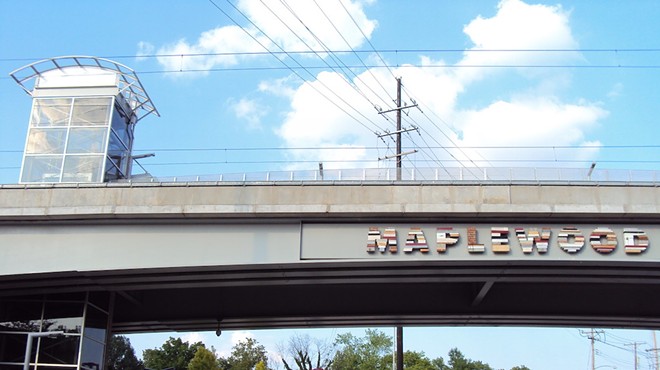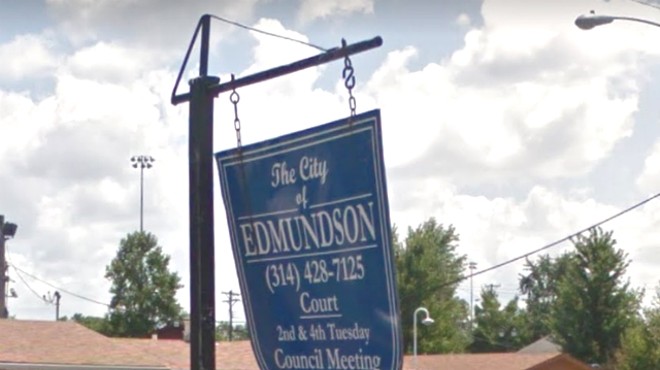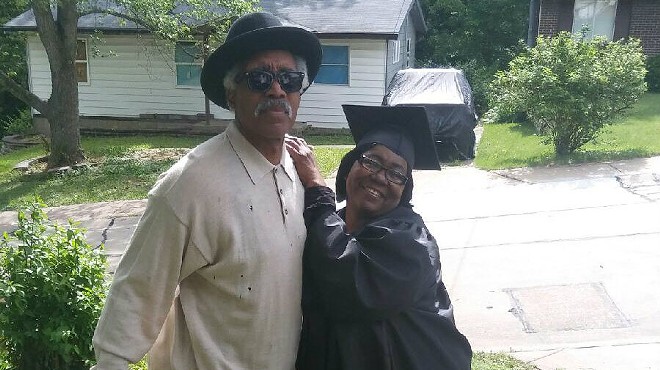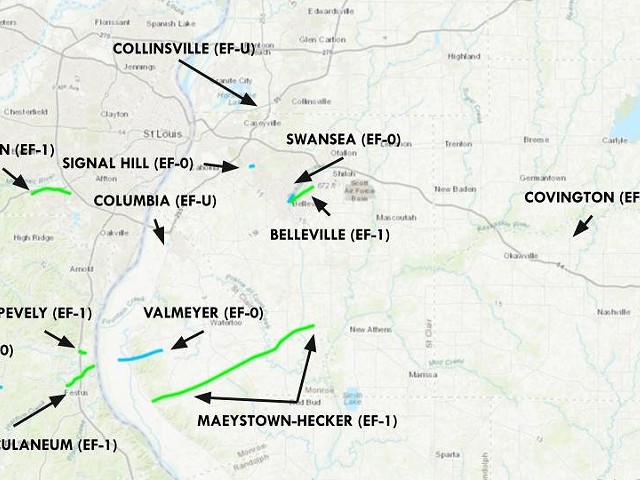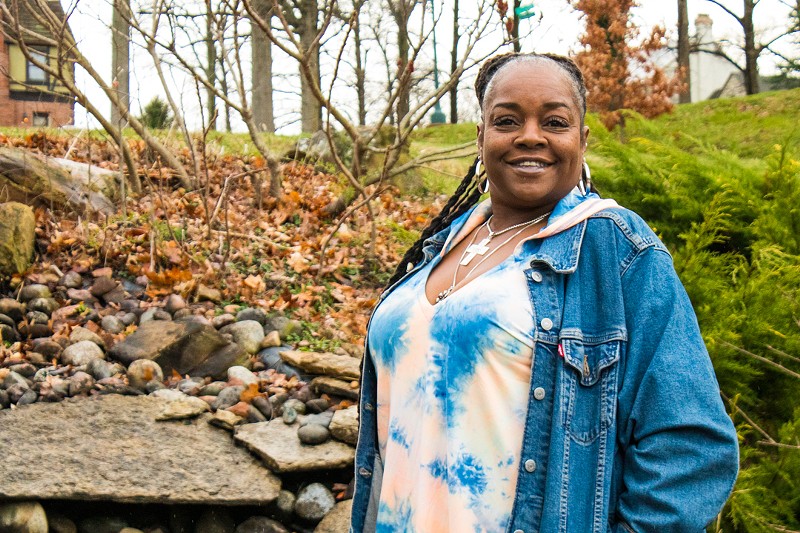
COURTESY ARCHCITY DEFENDERS
Umi Okoli was jailed several times in debtors' prison in St. Louis municipalities.
African-Americans in St. Louis understand there are unwritten rules that you follow, and certain places that you avoid at all costs. Maplewood has always been one of those places.
I have first-hand experience with the damage that debtors’ prison can cause. I was jailed 10 times in five years and paid $15,000 in fees, court costs and bond forfeitures to different municipalities over my life. While I cannot tell you about how bad things were in Maplewood, I can tell you about my experiences before and after a settlement with Normandy.
My encounters with Normandy police were interesting because they happened mostly along Natural Bridge, where several St. Louis municipalities intersect. It was like a “crabs in a bucket” opportunity for scraping revenue at the time.
The police seemed to prey on anyone driving in the area for tickets. I remember one specific ticket I received because it was so frivolous.
I was exiting Highway I-70, and at the exit there is one stop sign and then another 50 feet ahead, where you can make a left turn. When I got to the stop sign, I counted, one, two, okay, I’m going to turn. After I turned, the police got right behind me.
He said, “You blew through the stop sign when you got off the highway there.” I told him I couldn’t have blown through it because I had to make almost a 90-degree turn. You can’t go that fast and do that, so I knew I had come to a complete stop. I don’t remember how many tickets I had in Normandy, but I remember that one being one of the more absurd of them all.
At the time, I was only $500 dollars short of qualifying for welfare, and I had two children who were both in school and one was probably also in toddler care at the time.
Normandy made no exception for a person’s financial situation when it came to fines and fees. There was no consideration of your ability to pay or how payment would impact the other parts of your life, especially if you were a single parent and a provider for multiple children.
This often meant you were scared to go to court because you didn't have the money, and then you were detained until you could call somebody to help you pay. If they couldn’t, then you go to the back — deeper into the jail.
This predatory scheme put relationships with friends and family in a pressure cooker. You felt pressure to make financial decisions that they didn't have a choice but to be a part of to keep you out of jail (so that you could then go back to work to pay them back).
This wasn’t happening to people in just Normandy or Maplewood or Ferguson, it was endemic to St. Louis.
People lost their jobs. They were in jail for several days or longer, more than a sick day or a personal day could cover. Often, they didn't have jobs that offer those types of benefits, so it was either show up or lose your job. Once you're out of jail, you might try to get your job back or fill out an application for somewhere else.
Either way, you had to take the risk to get back on the road again, in order to work and pay the money you owe. You start all over again, accumulating charges and more expenses. It’s like a never-ending hamster-wheel for people in poverty.
There's really no amount of money that any municipality can give a person that will help them erase feelings of shame, guilt, loss of respect, and embarrassment. How do you pay back those things? Or pay back someone’s reputation?
When I first found ArchCity Defenders, I didn't believe that other people had the same problems that I did. I didn't believe that telling my story was important in such a racially-motivated, poverty-stricken St. Louis. But they inspired me in a way that moved me beyond my embarrassment into a sense of hoping and being able to believe that there is a possibility and a way to change things.
I found being a representative in the class action lawsuit against Normandy liberating, because it was a chance to show Normandy that they could have done things better. (And I imagine, they don't want to have to pay this expense again in the future.)
When I drive through that area in Normandy now, I feel a difference. I no longer see police sitting at the bottom of a hill or the middle of a hill or at tricky stop signs. I’ve been able to watch the slow and steady process of people’s lives changing for the better, and communities and friends — who were impacted much more than I was — feel vindicated, knowing it wasn’t their fault. The system was the problem.
Being able to see the cogs turn slowly, because of the persistence of people who have stood up and challenged an exploitative status quo, gives me hope.
I still don’t plan to drive through Maplewood, but I do believe change is possible. I see it happening. My advice is to trust your part in it.
Coming soon: Riverfront Times Daily newsletter. We’ll send you a handful of interesting St. Louis stories every morning. Subscribe now to not miss a thing.
Follow us: Google News | NewsBreak | Reddit | Instagram | Facebook | Twitter

